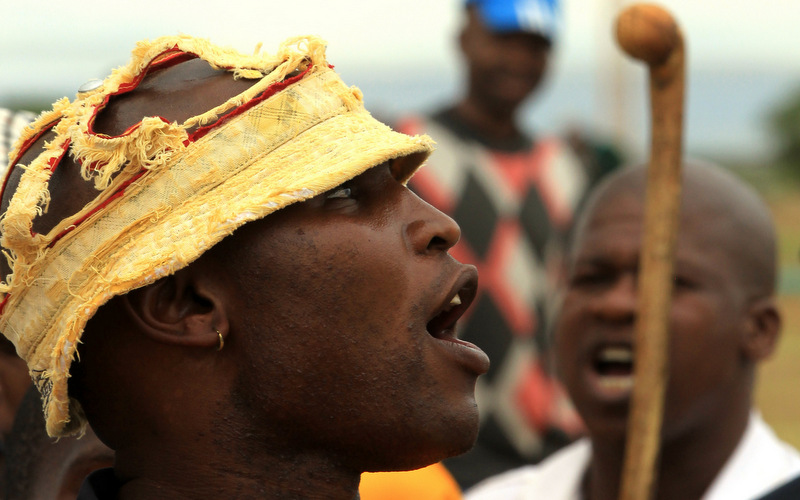
A strike at the world’s three-biggest platinum producers in South Africa could spread, as miners have dismissed a proposal by the industry, according to various reports Thursday.
Thousands of union members have been on strike for more than a week at the three mines in the platinum-rich, northwest region of the country. The strikers are seeking a salary of 12,500 rand, which is just over $1,100.
The Association of Mineworkers and Construction Union says its members in the platinum sector have rejected an offer of a 9 percent pay increase and will continue striking, according to an Associated Press report.
The AMCU has been on strike since Jan. 23 over its demand for 12,500 rand a month for entry-level workers, which is more than double current pay levels.
Striking among various industries in South Africa is not uncommon and violence has resulted between the police and unions in the past. Police officers opened fire on a crowd at the Lonmin platinum mine in 2012, shocking the nation and leaving 18 dead. The scene reminded many South Africans of the apartheid-era battles between African National Congress members and the police.
The labor instability and violence left one of the company’s at the center of the current strikes — Lonmin — so trounced that the company decided to ask shareholders for cash to keep its coffers flowing without interruption.
The country has also been shaken by a turf war for members between the AMCU and the National Union of Mineworkers, with both unions accusing each other of attacking and killing their union members. In 2013, at least three men were killed near Lonmin’s Marikana mine, creating fears of a renewed cycle of violence in what is known as South Africa’s platinum belt.
The largest gold producers in South Africa won a court order stopping a strike by the AMCU at the nation’s biggest mines for the metal. Gold workers represented by the union had to report for duty, according to an interim ruling by a labor court in Johannesburg on Thursday, reports Bloomberg Businessweek.
An industry conference known as Mining Indaba, or Mining “gathering,” is due to take place in Cape Town, South Africa, next week, but industry experts are worried that the strikes could obscure the annual event.
The conference’s website announced, “The world’s largest gathering of the most influential stakeholders — financier, investors, mining professionals, government officials, etc — in African mining.”
An attempt to reach Jonathan Moore, managing director for the 20th annual Investing in African Mining Indaba Conference, was not immediately returned on Thursday.
However, he did tell the AP in a separate story on Thursday, “The thing that we hear from investors frequently is that they are seeking a scenario where there is consistency and transparency so that they can best assess the opportunities that they have to make investments,” Moore said. “And so, anytime that there is unrest, anytime there are disruptions, I think it’s concerning to investors. And certainly they’ll be seeking insights both from mining company executives, mining ministers that are here and active throughout the Indaba, and other industry experts on their views on what might come next.”


